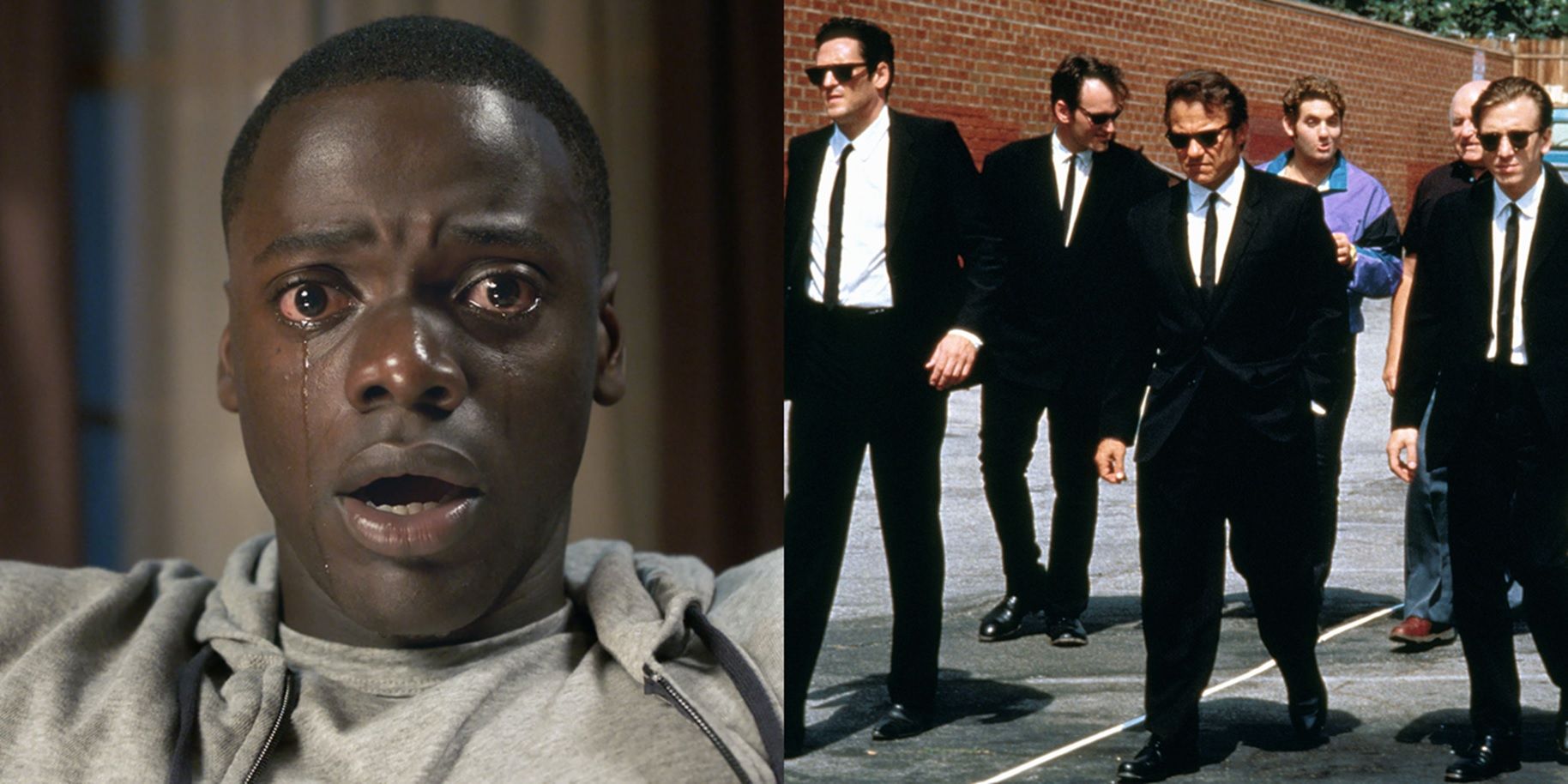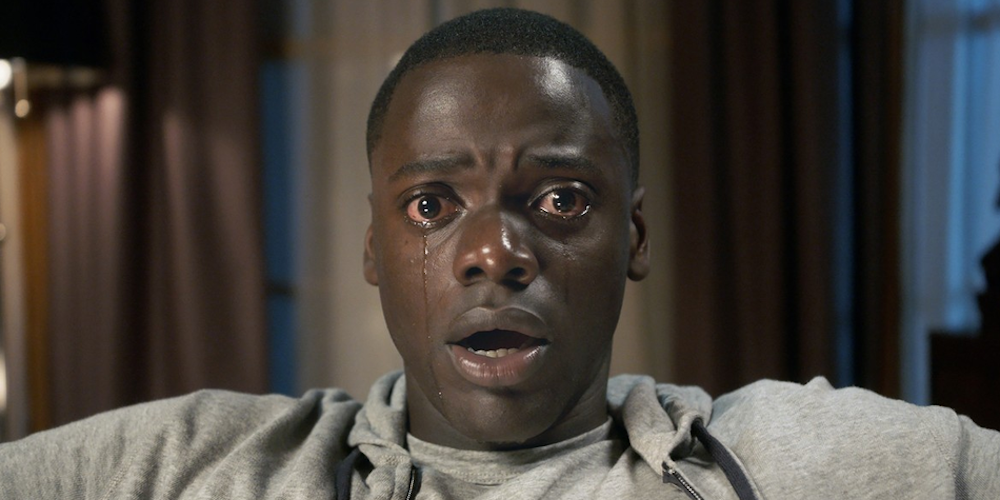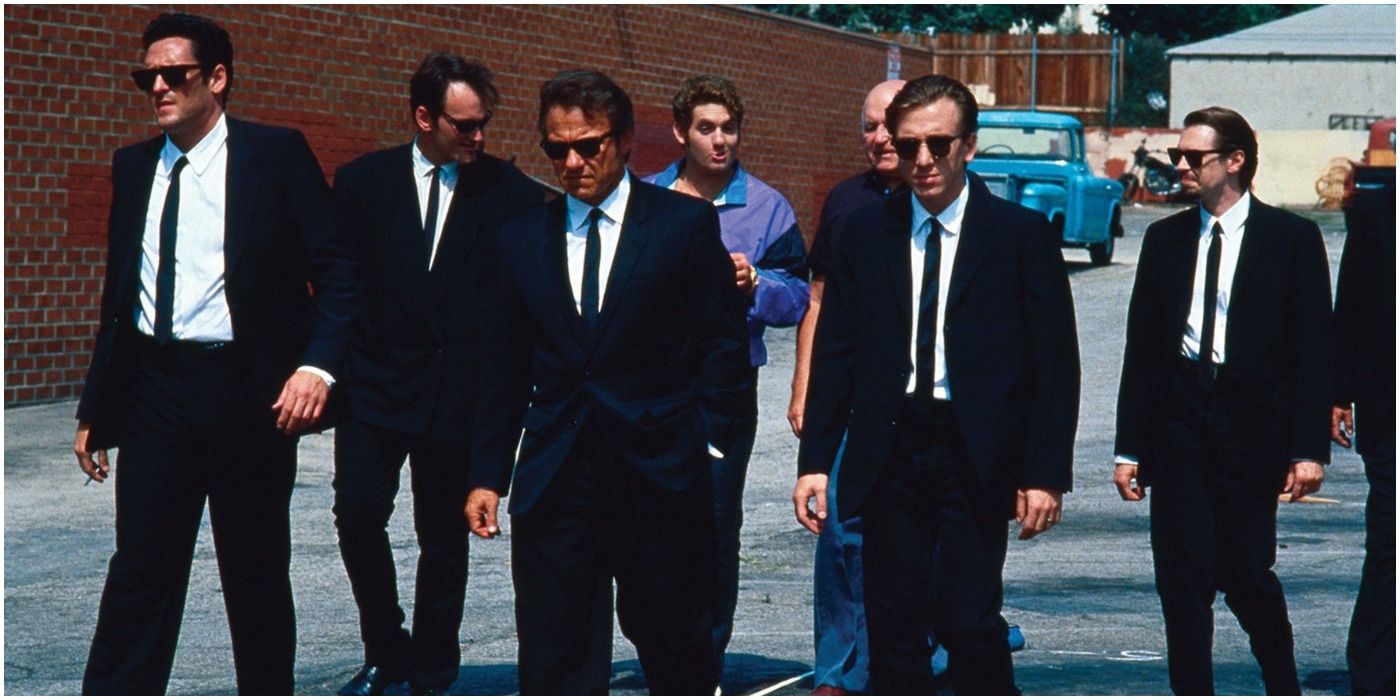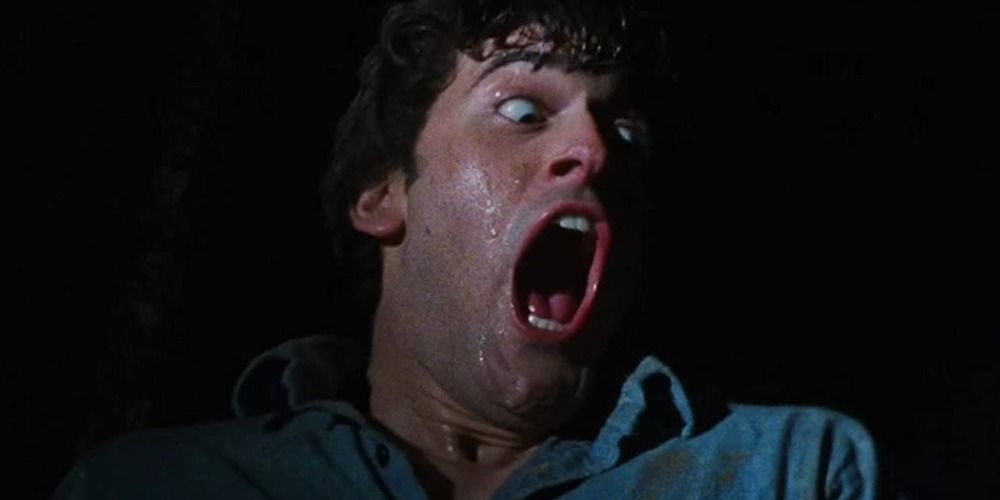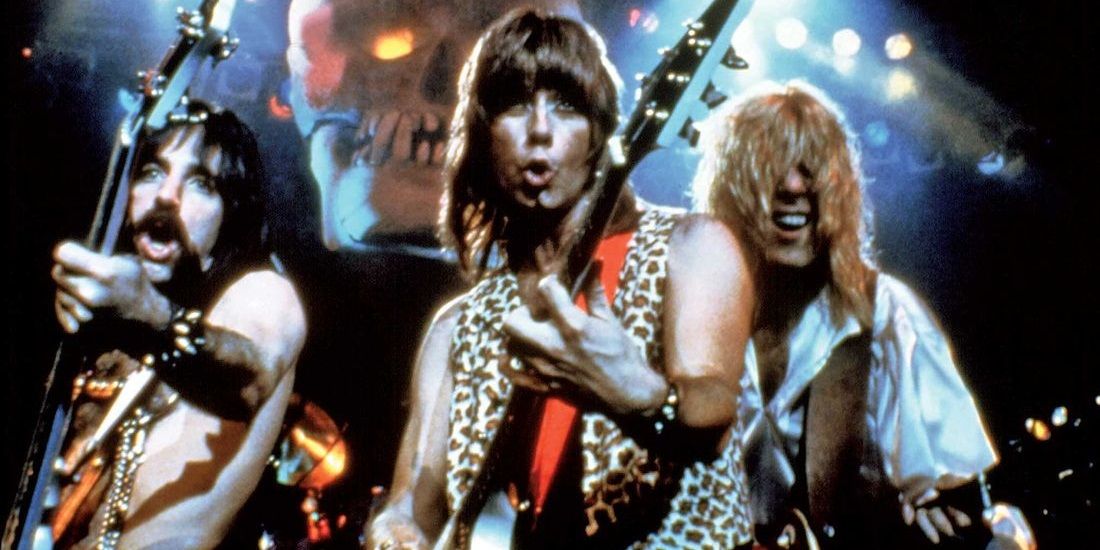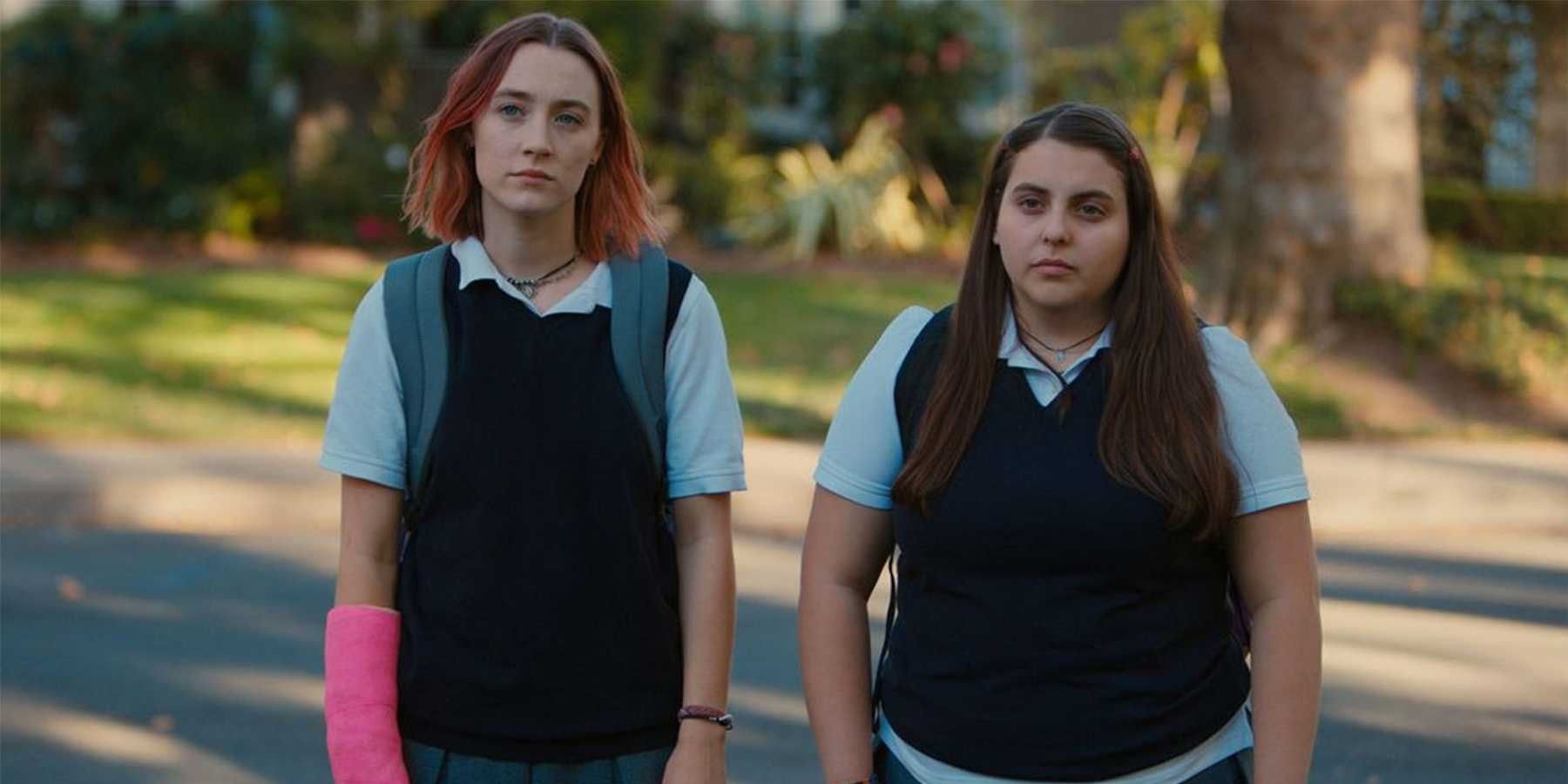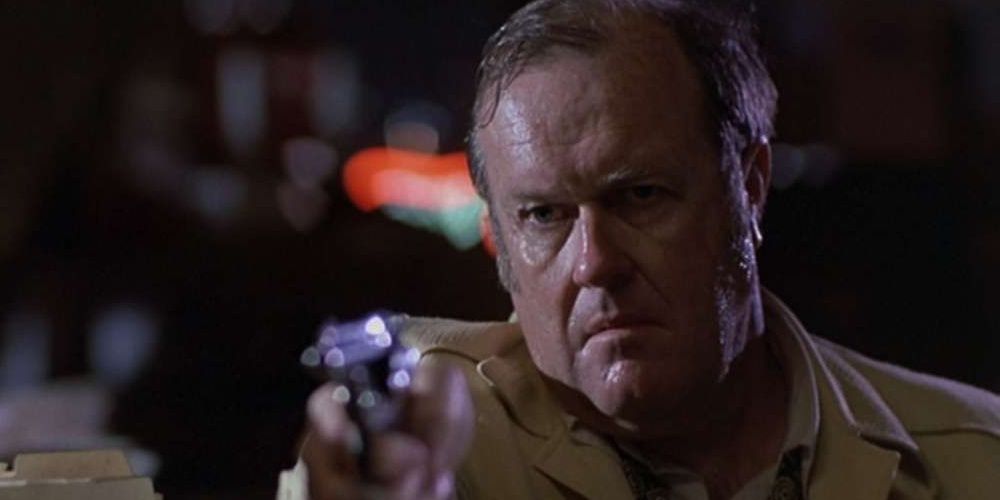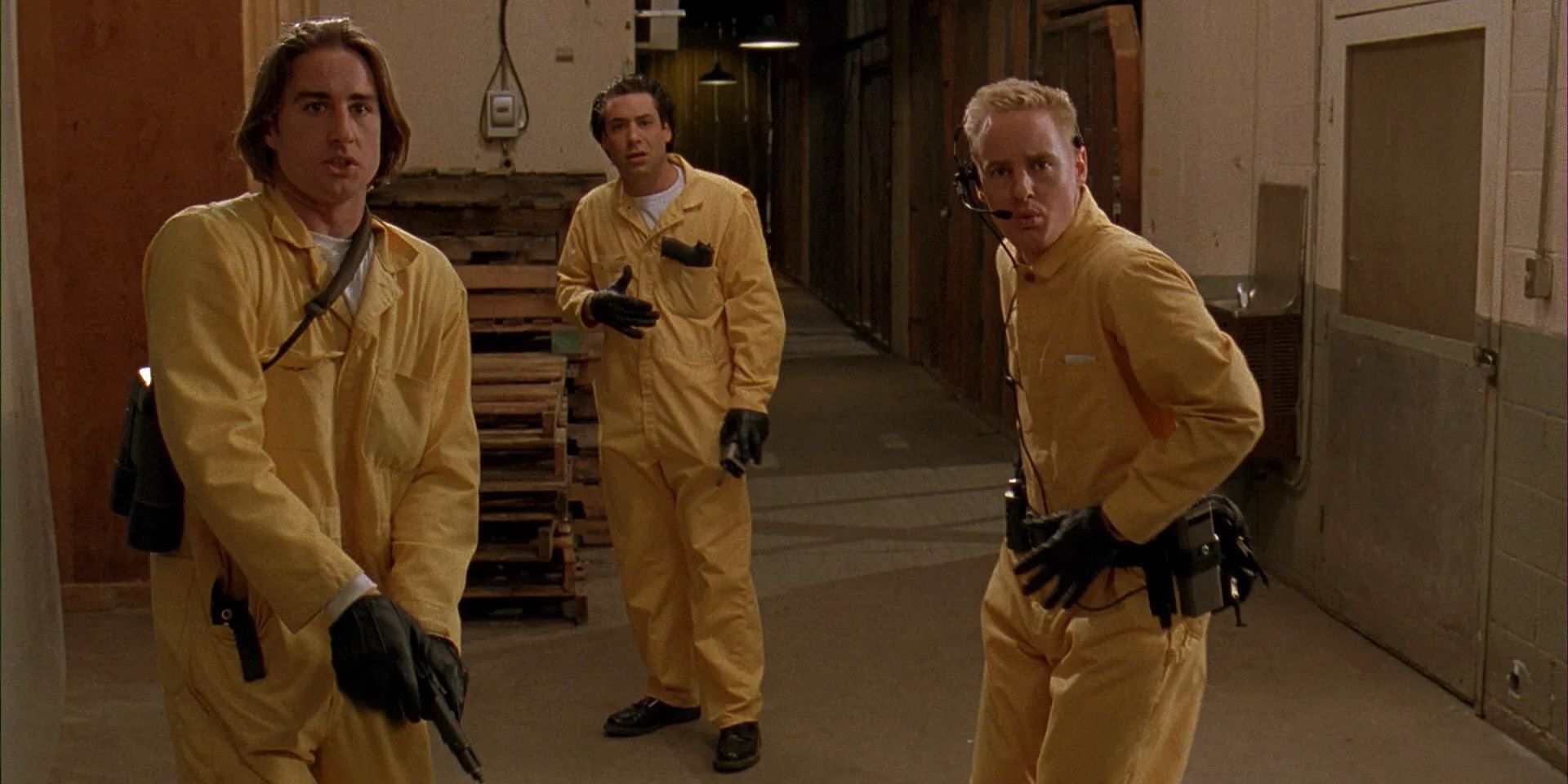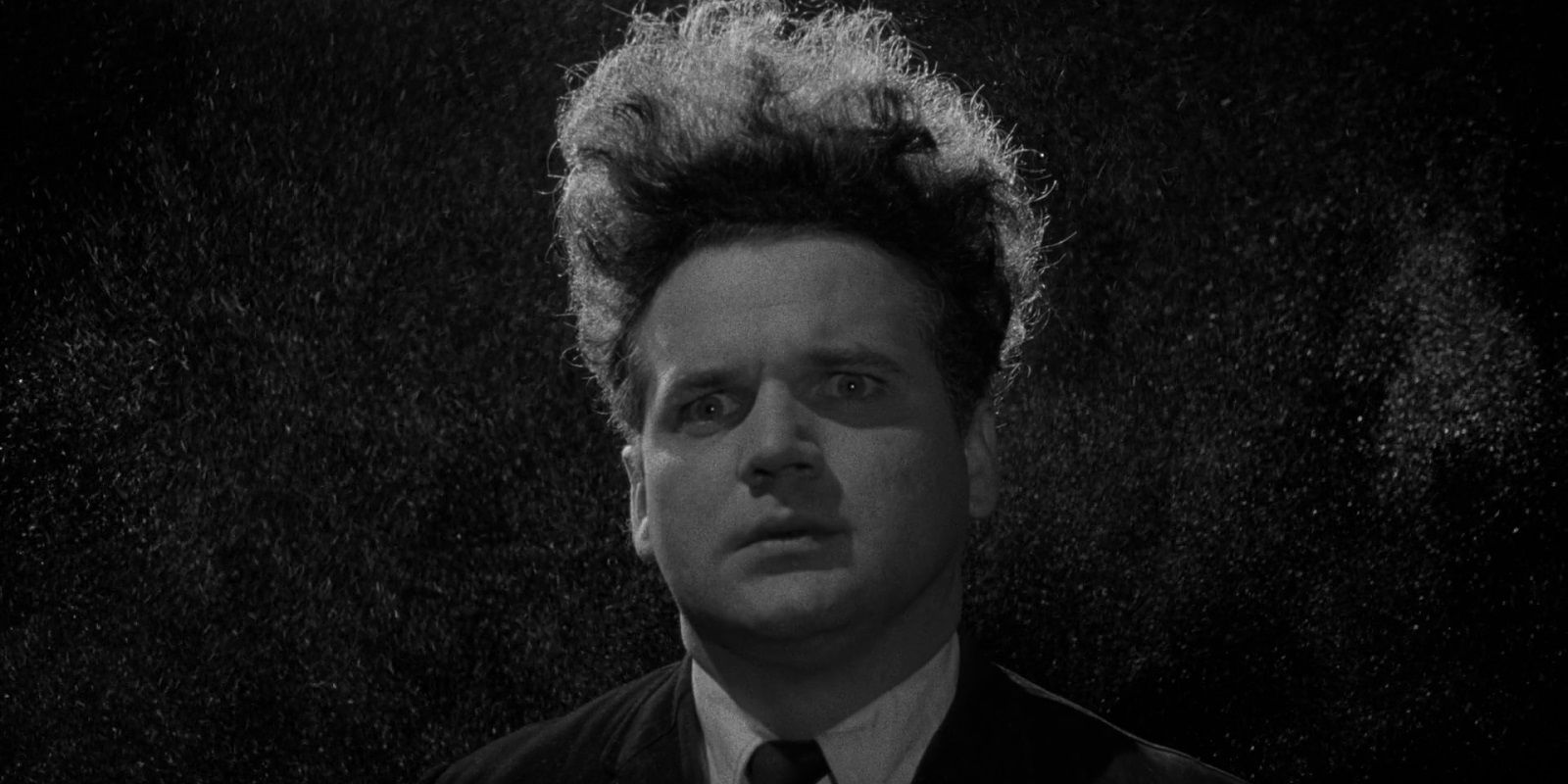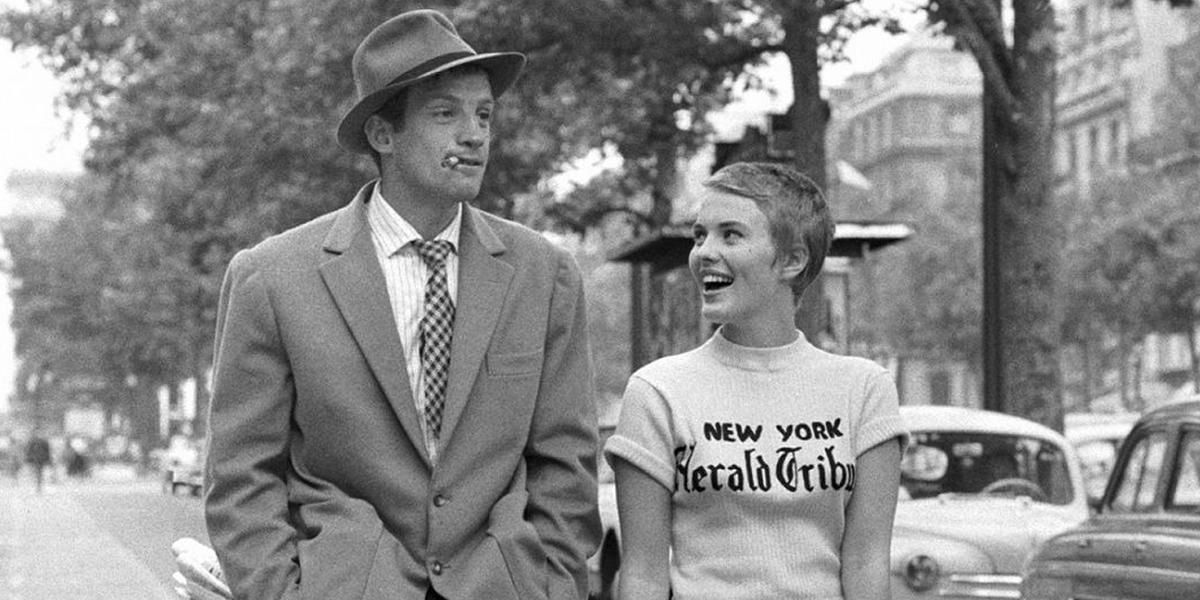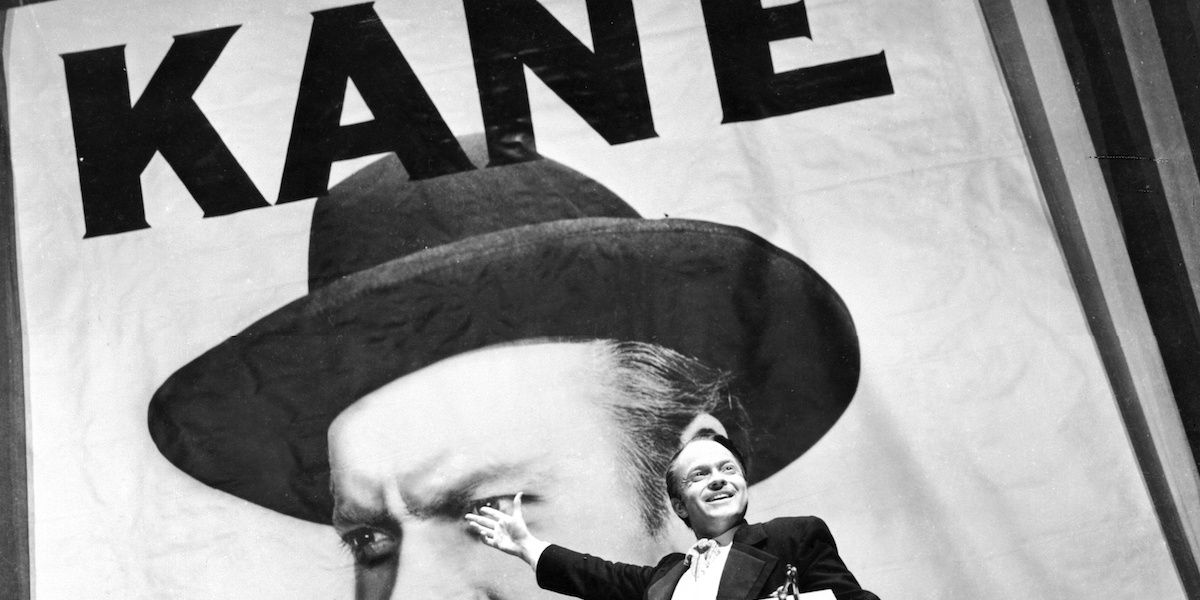It’s one thing for an established director to bring out a new movie with the weight of their reputation behind them; it’s another for an entirely new filmmaker to make their debut and release their first stab at a feature-length film to the moviegoing public. How that movie is received will determine whether the director ever gets to make a second.
Jordan Peele’s Get Out is an example of a directorial debut that floored audiences and ensured that whenever he had another movie coming out, horror fans would start foaming at the mouth. A lot of filmmakers’ careers started out this way.
Jordan Peele: Get Out (2017)
When it was first announced that Jordan Peele, best known for impersonating Barack Obama on his and Keegan-Michael Key’s sketch show, would be directing a horror film, some fans were skeptical that he could pull it off.
But with Get Out, not only did Peele create an effective horror film; he reinvented the social thriller, won an Academy Award for Best Original Screenplay, and started a global conversation about race.
Quentin Tarantino: Reservoir Dogs (1992)
By bringing Jean-Pierre Melville’s French deconstruction of the American crime film back to America, Quentin Tarantino singlehandedly reinvigorated U.S. independent cinema. A heist movie that doesn’t show the heist, Reservoir Dogs took the Sundance Film Festival — and later the moviegoing public — by storm back in 1992.
From the opening diner conversation about the meaning of “Like a Virgin” to the unsettling torture scene juxtaposed against “Stuck in the Middle with You,” Reservoir Dogs is brimming with unforgettable moments that launched Tarantino’s career.
Sam Raimi: The Evil Dead (1981)
Sam Raimi created the now-tired cliché of the cabin in the woods with his low-budget debut feature The Evil Dead. Starring his childhood friend Bruce Campbell, Raimi’s first movie revolves around some teenagers staying at an isolated cabin in the middle of nowhere and unwittingly awakening the demons that live in the basement.
The movie’s low budget is particularly apparent after years of sequels and reboots with bigger budgets, but the blood-drenched grindhouse effects still have the ability to shock.
Rob Reiner: This Is Spinal Tap (1984)
Rob Reiner would go on to helm such classic comedies as When Harry Met Sally and The Princess Bride, but his debut movie is consistently ranked among the genre’s finest offerings.
A mockumentary chronicling the misadventures of one of England’s loudest bands, This is Spinal Tap captured the look and feel of a real rockumentary so perfectly that a lot of viewers didn’t realize it was a fictional comedy.
Greta Gerwig: Lady Bird (2017)
Greta Gerwig had previously co-directed the mumblecore gem Nights and Weekends with Joe Swanberg when she made her solo directorial debut in 2017 with Lady Bird.
One of the greatest coming-of-age movies ever made, Lady Bird adheres to the rule that the more specific and personal a story is, the more universally relatable it will be. Saoirse Ronan anchors the movie with a revelatory performance in the title role.
The Coen Brothers: Blood Simple (1984)
Long before they would helm such masterpieces as Fargo, No Country for Old Men, and Miller’s Crossing, the Coens scraped together an ultralow budget to shoot their debut feature, neo-noir thriller Blood Simple.
Telling the story of a jealous husband hiring a sadistic PI to murder his wife and her lover, the Coens proved that directors don’t need a Hollywood budget to make an effective genre movie.
Wes Anderson: Bottle Rocket (1996)
Although Bottle Rocket bombed at the box office, it generated enough word of mouth around the film industry — with none other than Martin Scorsese calling it one of the best movies of the decade — that it kickstarted Wes Anderson’s directing career.
The movie tells the story of some would-be crooks planning a heist they’re not prepared to pull off with a lot of quirky humor and a surprising amount of heart.
David Lynch: Eraserhead (1977)
David Lynch would go on to refine his uniquely surreal filmmaking style with such classics as Blue Velvet and Mulholland Drive, but his debut feature Eraserhead is still one of his best.
Set in a sprawling industrial cityscape, Eraserhead tells the story of a mild-mannered man with unusual hair raising his deformed baby.
Jean-Luc Godard: Breathless (1960)
Jean-Luc Godard helped to pioneer the French New Wave movement with his minimalist directorial debut Breathless. The movie revolves around a young criminal inspired by Humphrey Bogart’s screen persona who kills a cop and hides out with an American student while he waits for the heat to die down.
This movie ushered in a whole new era of cinema. Just when the conventions were becoming rigid and it didn’t seem like there was any more room for innovation in the medium, Godard came along and tore up the rulebook.
Orson Welles: Citizen Kane (1941)
Orson Welles’ Citizen Kane is an impressive movie for a number of reasons: its production made countless technical innovations, its 80-year-old story is still relevant today, and it’s widely regarded to be the greatest movie ever made.
But perhaps the most impressive feat is that Welles had never directed a movie before. He attributes all the ground the movie broke to his own ignorance about what could be achieved on film.

